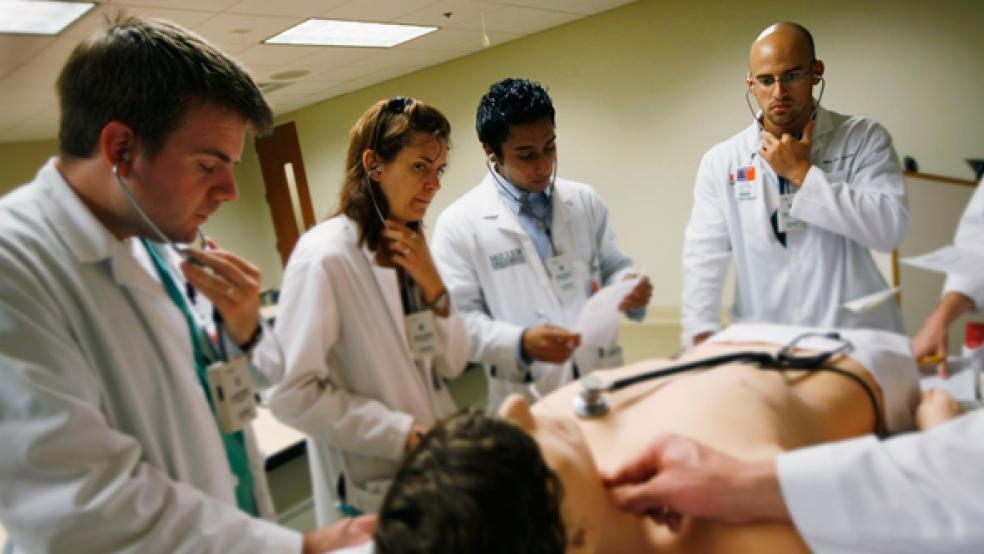If you’ve ever wondered why you don’t see an army of doctors and nurses hovering around the patient you’re visiting on a weekend, here’s why. Many hospitals work with minimal crews on weekends. As a result, the top docs with most experience are off playing golf while the residents take over.
If you or a loved one are scheduled for surgery on a weekend, or happen to be in a serious accident that requires immediate surgery, good luck. But there is a glimmer of hope—and in this case, hope costs money.
A new study presented on April 25th at the American Surgical Association has identified five resources that mitigate the so-called “weekend effect” of longer hospitals stays, higher mortality rates and readmissions.
Related: Many Changes to Medicare Coming for Senior Health Care
This study has special importance given the government’s performance requirements for both Obamacare and Medicare to reduce the readmission rate and increase the desirable outcome rate for hospital surgeries and other treatments.
The Loyola University researchers, including senior author Paul Kuo, MD, MS, MBA, first author Anai Kothari, MD, and colleagues “hypothesized that boosting hospital resources before, during and after surgery could overcome the weekend effect. They tested their hypothesis in patients undergoing three types of urgent surgeries that could not be delayed until weekdays: appendectomies, hernia repairs and gall bladder removals.”
They examined 126,666 patient records at 117 Florida hospitals and found these five resources make a big difference:
Related: U.S. Healthcare Software Triggers Client Reality Check
- Hospitals with increased nurse-to-bed ratios were 1.44 times more likely to overcome the weekend effect. Seventeen hospitals that overcame the weekend effect had a median nurse-to-bed ratio of 1.3, compared with a nurse-to-bed ratio of 1.1 among 41 hospitals with a persistent weekend effect.
- Hospitals with home health programs were 2.37 times more likely to overcome the weekend effect. In such programs, skilled caregivers check on patients after they are discharged, providing wound care, administering medications, etc.
- Hospitals that fully adopted electronic medical records were 4.74 times more likely to overcome the weekend effect.
- Hospitals with inpatient physical rehabilitation programs were 1.03 times more likely to overcome the weekend effect. Such programs identify patients who require additional physical conditioning prior to discharge or need extra resources at home.
- Hospitals with pain management programs were 1.48 times more likely to overcome the weekend effect.
The study was conducted by Loyola's predictive analytics program, which mines large data sets to predict health outcomes. Large new databases, electronic medical records and more powerful computers are enabling researchers to conduct such studies. "We're now able to ask and answer a broad range of questions that could significantly help improve patient care and reduce costs," Dr. Kuo said.
Top Reads from The Fiscal Times:




